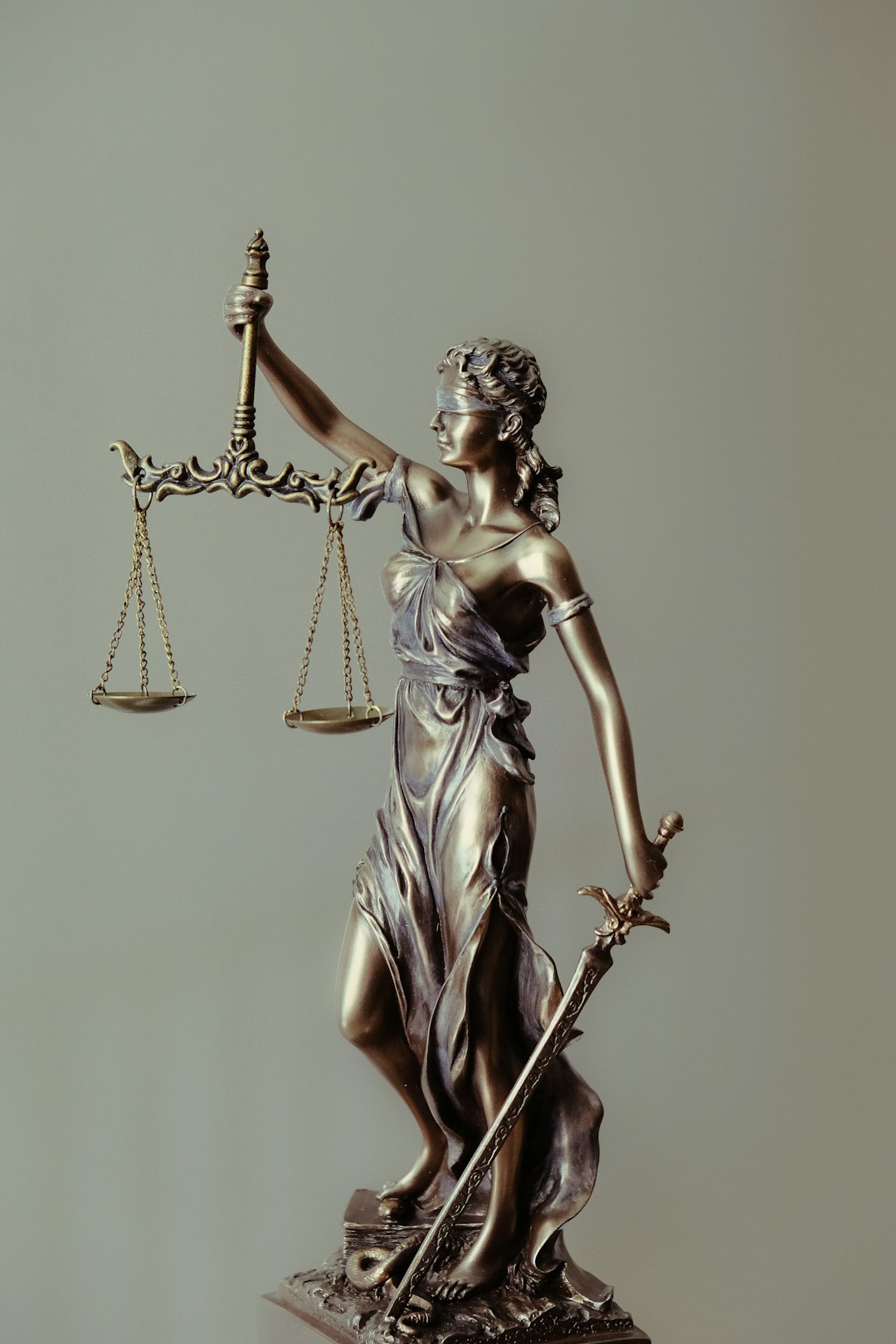In recent years, social media has become a crucial tool for sexual assault lawyers in Kansas, aiding in evidence gathering and witness identification. However, navigating this digital landscape requires careful handling of evidence under strict legal standards. Kansas laws govern the admissibility of digital evidence, particularly social media posts, emphasizing relevance and authenticity. Lawyers must balance public transparency with privacy rights, utilizing social media while preserving confidentiality to ensure fair trials. In Wichita, best practices include obtaining consent, preserving original content, reviewing metadata, and maintaining detailed logs for effective case building. Digital evidence from platforms like Facebook, Instagram, and Twitter significantly impacts sexual assault cases, but defense strategies may challenge its reliability, requiring lawyers to stay updated on both law and social media dynamics.
Social media has emerged as a powerful tool, both as a potential weapon and a crucial piece of evidence in sexual assault cases. In Wichita, Kansas, understanding the admissibility of digital evidence is more vital than ever. This article explores the intricate relationship between social media and sexual assault investigations, delving into privacy concerns, legal considerations, and best practices for handling such evidence. With insights from a sexual assault lawyer in Kansas, it offers strategies for both prosecution and defense, shedding light on navigating this modern evidentiary landscape.
Understanding Social Media's Role in Sexual Assault Cases

In recent years, social media has emerged as a significant tool in the legal landscape, particularly in sexual assault cases. A sexual assault lawyer in Kansas may utilize social media platforms to gather evidence, uncover potential witnesses, and build a stronger case for their client. Posts, messages, and online interactions can provide valuable insights into the victim’s behavior before, during, and after the incident, offering crucial context for the court.
However, navigating this digital terrain requires careful consideration. The admissibility of social media evidence is subject to legal scrutiny, ensuring that it meets certain standards of relevance and authenticity. A skilled sexual assault lawyer in Kansas understands the intricacies of handling such evidence, knowing how to extract relevant information while mitigating potential biases or misunderstandings that may arise from online communications.
The Admissibility of Digital Evidence in Kansas Law

In Kansas, the admissibility of digital evidence, including social media posts, is governed by state law and court precedents. A sexual assault lawyer in Kansas would be well-versed in these regulations, which determine how such evidence can be used in court. The Kansas Rules of Evidence allow for the admission of digital records if they are relevant and authentic, meaning they have not been altered and are from a reliable source. This includes social media platforms where users often share personal information and interactions that could serve as crucial evidence in sexual assault cases.
Courts in Kansas have recognized the value of digital evidence, particularly in crimes like sexual assault, where individuals may communicate their experiences or intentions via online platforms. A sexual assault lawyer would need to ensure that any social media posts or messages are properly authenticated and meet the legal standards for admissibility. This process involves verifying the authorship, integrity, and relevance of the digital content to establish its probative value in court.
Privacy Concerns and the Balance in Legal Proceedings

In legal proceedings involving sexual assault cases, the role of social media as evidence has sparked important discussions around privacy concerns. While digital platforms provide a window into individuals’ personal lives, there is a delicate balance to be maintained when utilizing this information in court. A sexual assault lawyer in Kansas must navigate these complexities, ensuring that any use of social media evidence respects the privacy rights of all parties involved while adhering to legal standards.
The nature of social media platforms allows users to share intimate details of their lives publicly, which can be advantageous for building a case. However, this also raises issues regarding consent and the potential invasion of privacy. In Kansas, where sexual assault laws are strictly enforced, it’s crucial that lawyers and judges carefully consider the admissibility of social media posts, messages, or images to avoid any prejudice against the accused or the victim. Striking this balance is essential to ensure a fair trial and protect sensitive information.
Best Practices for Documenting and Using Social Media Evidence

When using social media as evidence in Wichita sexual assault cases, it’s crucial to adhere to best practices to ensure its admissibility and effectiveness. First, obtain proper authorization or consent from the account owner; this is not only ethical but also necessary for legal validity. Next, preserve the original content by taking screenshots or making secure backups without altering or deleting any data. Documenting the context and timeline of posts is essential—note when they were published and who was involved in the exchange.
A sexual assault lawyer in Kansas should thoroughly review all metadata associated with social media posts, including timestamps, IP addresses, and device information, as these can provide crucial insights into the circumstances surrounding the case. Additionally, ensure that any posted content is relevant, authentic, and not overly prejudicial; irrelevant or inflammatory material could lead to its exclusion from evidence. Lastly, maintain a detailed log of all social media evidence collected, including how it was obtained and preserved, to build a solid legal argument.
Strategies for Defense and Prosecution: A Sexual Assault Lawyer's Perspective

In Wichita, as in many jurisdictions, sexual assault cases heavily rely on digital evidence, with social media playing a pivotal role. A sexual assault lawyer in Kansas knows that this presents both opportunities and challenges. On one hand, platforms like Facebook, Instagram, and Twitter can be invaluable for reconstructing events, corroborating testimonies, and painting a clear picture of the victim’s character, which is crucial to countering potential character assassinations. These tools also enable lawyers to highlight inconsistencies in the defendant’s story or identify patterns of deceptive behavior.
However, defense strategies have evolved to address this digital landscape. A Kansas sexual assault lawyer must be adept at navigating the intricacies of privacy laws, ensuring that all evidence obtained from social media is admissible and properly handled. They may employ strategies such as challenging the credibility of online sources, questioning the reliability of digital forensics, or even arguing that posts and messages were taken out of context to misrepresent the victim’s behavior or intentions. The prosecution, in turn, must be prepared to address these defenses with robust, legally sound arguments based on a thorough understanding of both the law and the nuances of social media interactions.






